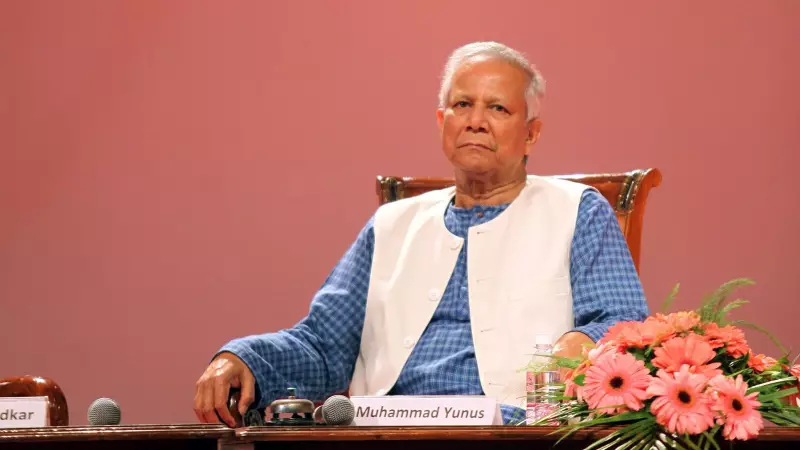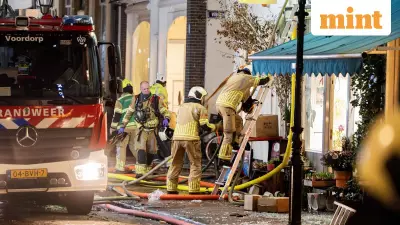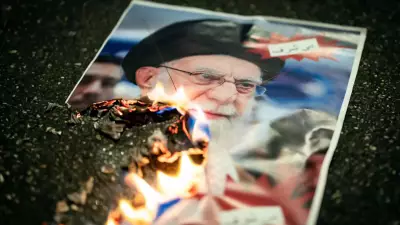
Bangladesh's Political Landscape Faces Critical Test
Bangladesh stands at a political crossroads as the International Crimes Tribunal prepares to deliver its final verdict against former Prime Minister Sheikh Hasina on November 17, 2025. The verdict comes amid ongoing political instability that has gripped the nation since Hasina's overthrow, with the country witnessing a bitter power struggle between the ousted Awami League and the current Interim Government.
The Legal Battle and Political Fallout
Sheikh Hasina has completely rejected the validity of the trial where she faces charges of crimes against humanity. The former leader has denied all allegations and called upon members of her Awami League party, whose activities remain banned, to enforce a nationwide "lockdown" in protest. Hasina has accused the Interim Government of transforming Bangladesh into what she describes as a "hub of terror."
Meanwhile, Interim Government leader Muhammad Yunus has announced significant political developments, declaring that both elections and a referendum concerning the July Charter will take place in February 2026. The July Charter emerged from last year's youth uprising and has gained signatures from most major political parties. It promises comprehensive constitutional reforms focused on ensuring accountability, transparent governance, clear separation of powers, and strengthening democratic institutions - all areas that faced repeated challenges during previous administrations.
Political Alignments and Social Unrest
The political landscape shows varying degrees of support for the Charter's implementation. The Jamaat-e-Islami and National Citizens' Party have united behind the Charter, while the Bangladesh Nationalist Party continues to advocate for earlier elections than the scheduled 2026 date.
Despite these political developments, Bangladesh has struggled to achieve stability. The initial period following Hasina's overthrow witnessed a complete breakdown of law and order, with widespread public anger directed at her political legacy. While police reforms became central to restoration efforts, a new culture of mobocracy appears to have taken root across the nation.
Various segments of society including students, workers, and pressure groups have increasingly taken to the streets, making protests their primary method of demanding change. The Interim Government's attempts to stabilize both the economy and political system have yielded limited success, complicated further by the visible mobilization of various Islamic groups that has added complexity to the social and political environment.
International Dimensions and Future Implications
A new wave of political violence has raised serious concerns about the sustainability of the post-revolution order. The ongoing struggle between the weakened Awami League and the Interim Government continues to dominate the political scene. While the Awami League's ability to create chaos demonstrates its remaining street power, it cannot erase public memory of what many perceive as Hasina's political transgressions.
Internationally, Hasina's legal team continues efforts to build pressure against the International Crimes Tribunal proceedings. However, the Interim Government shows no signs of backing down, bolstered by widespread anti-Hasina sentiment across the country.
The upcoming verdict, while appearing somewhat predetermined to many observers, represents significant symbolic importance for families affected by the July uprising and earlier periods of political violence. The outcome is likely to overshadow all other political narratives in the coming weeks and months as Bangladesh navigates this critical phase in its political history.





